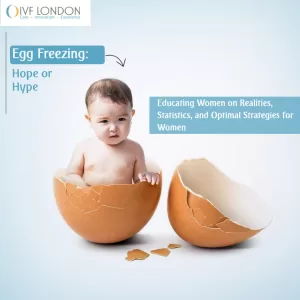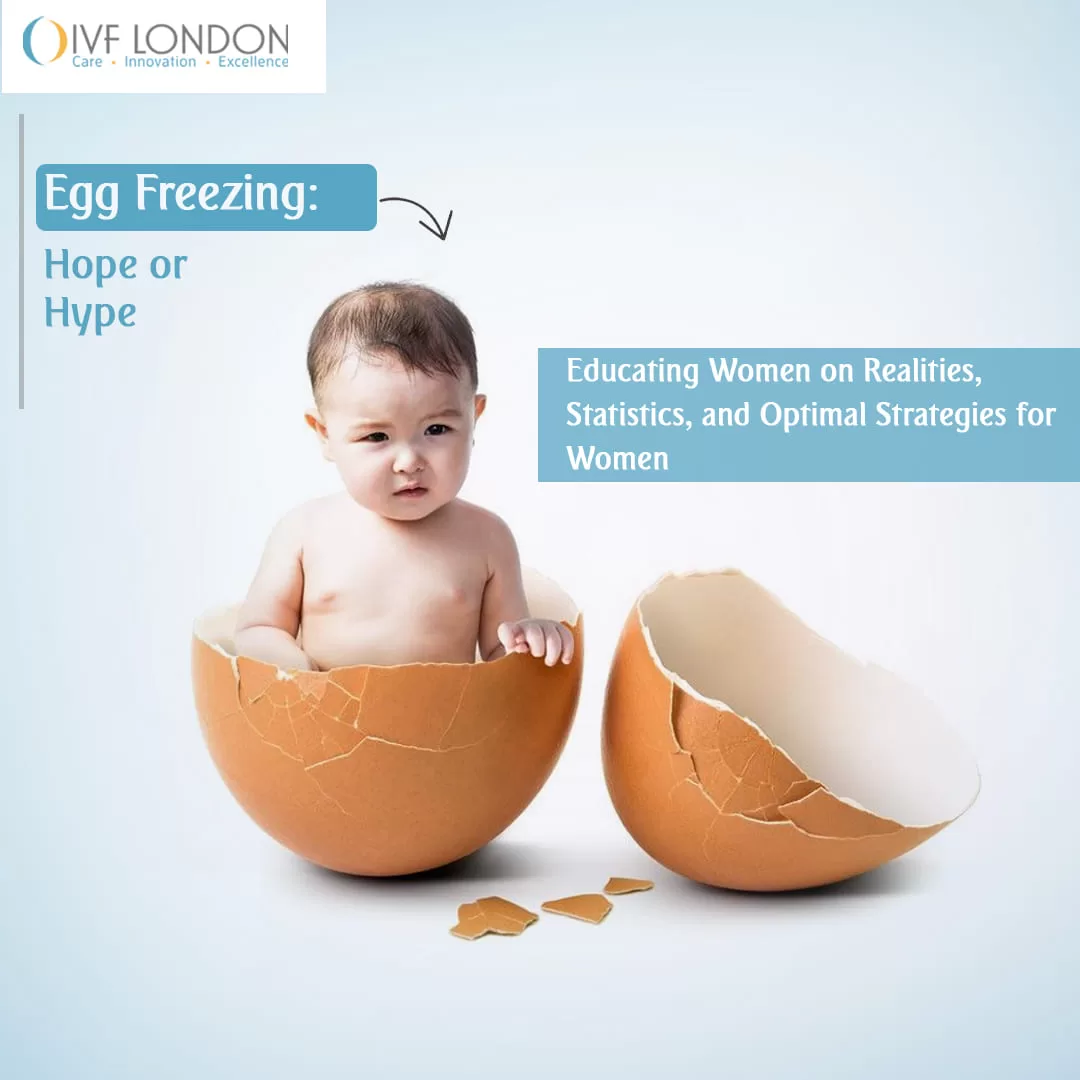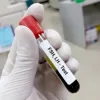Egg Freezing: Hope or Hype – Educating Women on Realities, Statistics, and Optimal Strategies for Women

There has been a growing interest in egg freezing for women to preserve their fertility in recent years. This medical procedure allows women to freeze their eggs for future use, offering hope for delayed childbearing or in cases where fertility may be compromised due to medical reasons.
While egg freezing can offer a glimmer of hope, it is essential to approach the topic with a realistic mindset. The age of a woman at the time of freezing her eggs is a crucial factor in determining the success rates of the procedure. Generally, the younger the woman, the higher the chances of success when using frozen eggs.
Understanding the Statistics:
The Human Fertilisation and Embryology Authority (HFEA), which regulates fertility treatment in the UK – put the success rate closer to one in five. Furthermore, the HFEA assesses the success of IVF treatments using a patient’s frozen eggs by measuring live births resulting from embryos developed from these eggs. In 2017, approximately 19% of such IVF treatments were considered successful according to this criterion.
Optimal Strategies:
Women should focus on timing and choosing a reputable fertility clinic to maximize the chances of successful egg freezing. Age is a critical factor; therefore, considering egg freezing in the late twenties or early thirties is advisable. Finding a reputable clinic with experienced professionals who adhere to stringent protocols ensures the best chances of success.
Education and Empowerment:
Education is crucial in empowering women to make informed decisions about their reproductive choices. Women should have access to comprehensive information about the realities, benefits, limitations, and potential risks associated with egg freezing. Before pursuing egg freezing, this knowledge empowers them to evaluate their circumstances, including career goals, relationships, and health.
Conclusion:
Egg freezing holds promise as a potential fertility preservation method, offering women more flexibility and control over their reproductive choices. However, women need to understand the realities and statistics associated with the procedure. Making informed decisions, considering financial implications, and exploring alternative options are crucial to the decision-making process. By educating themselves and seeking guidance from medical professionals, women can navigate the complexities of egg freezing and determine the best path for their reproductive journey.
Frozen vs Fresh Embryo Transfers – Pros and Cons
Embryos produced in a lab are transferred to a woman’s uterus during in vitro fertilization (IVF), a crucial step to achieving pregnancy. When couples and fertility specialists decide on embryo transfers, they must choose between fresh or frozen options. Before making a decision, it is important to consider the pros and cons of each procedure.
Fresh embryo transfers involve the immediate transfer of embryos into the woman’s uterus after they are created through fertilization. On the other hand, frozen embryo transfers involve the freezing of embryos for later use.






